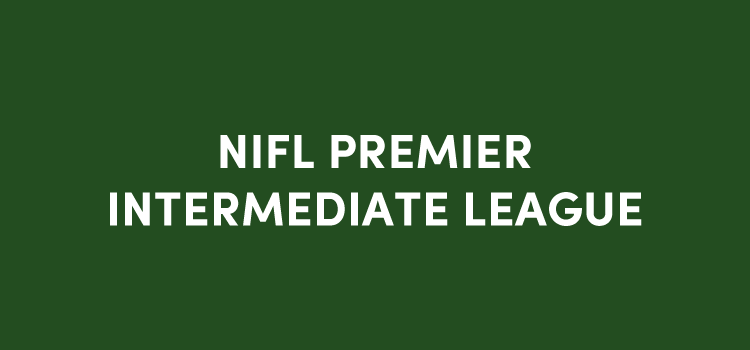Despite football in Ireland taking off in the late 1870’s, it would be 1890 before the actual league format we know today would start, with teams fixtures comprising mostly of friendlies and the occasional cup competition, primarily the Irish Cup.
Distillery didn’t fare too well in the early years competitively and their first ever competitive match was played in February of 1881 and came in the first round of the newly formed Irish Cup where they took on Knock FC. Unfortunately, Distillery suffered a heavy 11-0 defeat, a club record defeat in the Irish Cup that still stands today. The team went one better the following season as they made it to the second round of the competition but were beaten by Avoniel, at the third attempt.
During that 1881/82 season Ireland also played their first ever International fixture and centre-forward Sam Johnston had the distinction of being the first Distillery player to be selected at international level, at 15 years and 154 days Johnston is still the youngest player to play for Ireland. Unfortunately, the luck of the Irish wasn’t on show during the game and England ran out 13-0 winners in Belfast. The following week, however, Ireland played Wales and while they suffered another heavy defeat it was Johnston who scored Ireland’s first ever international goal, Distillery players Billy Crone and John Condy also played in this match,
Ahead of the 1882/83 season Distillery moved to a new ground at the Donegall Road end of Broadway in Belfast that became known as The Broadway Ground. There were some delays in getting the new ground ready and several matches had to be played at an alternative venue, but the first match at the new ground was worth the wait as it brought Distillery there first ever competitive win, seeing off Wellington Rec 4-0 in the second round of the Irish Cup, helped by a Johnston hat-trick. In the following round, they played Queen’s Island at home and collected the club’s first ever ‘gate’, amounting to £13.
1883/84 is a significant one in the history of Distillery as the club won its first piece of silverware when they defeated Wellington Park 5-0 in the Irish Cup final in front of a crowd of 2,000. Mungo Hogg and Tom Stewart each scored braces in the final with Sam Johnson scoring the other. Distillery were dominant, with some reports say it was twenty minutes into the match before Wellington Park crossed the halfway line! Distillery would go on to win the Irish Cup again the next two seasons defeating Limavady 2-0 in the final in 1885 (that man Johnson again scoring both goals) and defeating the same team 1-0 in the final again a year later in 1886 thanks to a James A. Johnston goal. This last game though ended in controversy when both teams walked off the pitch prior to the referee blowing the final whistle and the IFA withheld the cup and medals but legal action later in the year resulted in each member of the Distillery team being awarded £1 in lieu of their medals and the results stands in the IFA records as a 1-0 win for Distillery.
Distillery’s dominance was ended the following season as they were knocked out in the fourth round of the Irish Cup and the following season (1887/88) they made it to the final but were beaten by Cliftonville. Distillery were Irish Cup victors once again in 1888/89 beating YMCA 5-4 in the final. That season Distillery also became the first winners of the County Antrim Shield when they again defeated YMCA, 8-4 in the final. But, they did lose out in the final of the Belfast Charities Cup final when at 4-2 down and ten minutes remaining the Whites had a goal controversially disallowed and the incensed players walked off the pitch refusing to return and the 4-2 scoreline at the time standing.
Throughout the first decade, Distillery established themselves as one of the most successful clubs in Ireland winning four Irish Cups and making the final of another. In the next article in this series, we will look at some other key moments in Distillery’s history that occurred in that first decade including an FA Cup adventure, the first experiment with floodlights and how the ‘Whites’ came to be so called.
